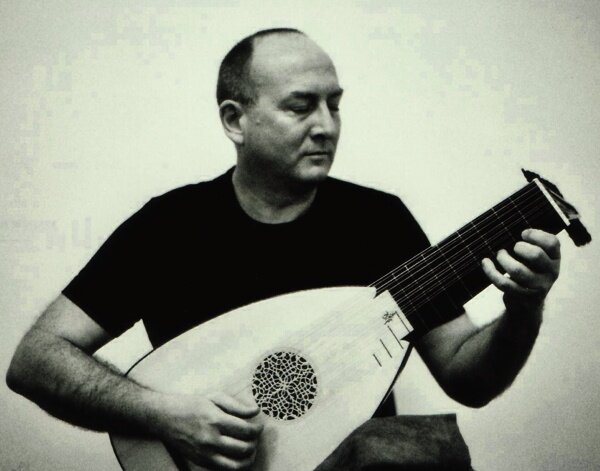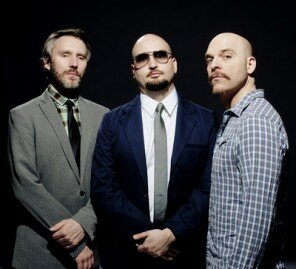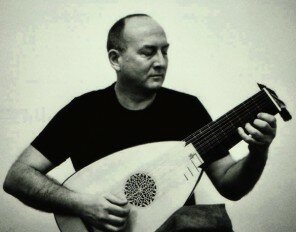Choral Arts’ program, Bach Plus: The Ecstasies Above, performed at St. Joseph Parish Friday night, was a draw for anyone who loves Bach cantatas and for those who love the adventures of new choral music, knowing they would be sung by one of our most accomplished choirs under conductor Robert Bode.
The new choral works, “The Ecstasies Above” from 2006 by Tarik O’Regan and “The Deepness of the Blue” from 2012 by William Averitt, met every promise in both quality of the music and performance, as did two sacred pieces from the 19th century, Rheinberger’s “Sanctus” and Mendelssohn’s “Richter mich, Gott.”
Alas, the Bach did not. It was quite a shock to hear this group sound somewhat tentative, even weak in the first cantata, “Der Herr denket an uns.” Thought the balance was good and so was the chorus’ intonation, the whole approach sounded over-articulated to the point of feeling disjointed and preventing forward momentum. The soprano soloist was not up to the challenge, though the tenor and baritone duet came off much better. This cantata opened the performance and Bach’s “Lobet den Herrn, alle Heiden,” ended it, again sounding thinner, without the conviction and shaping given the works in between. The choir did not sound comfortable.
Perhaps more time was given to rehearsing the two 21st century works, neither of them easy and both superbly achieved. Phrasing and intonation were excellent and pure high voices soared angelically.
O’Regan’s “Ecstasies” is a setting of the Edgar Allen Poe poem “Israfel,” the angel whose “heartstrings are a lute.” Requiring a string quartet, choir and eight soloists, it sounded otherworldly much of the time, the singers floating or swooping up, over and down in close canon, or giving looping calls in high women’s voices, almost like yodeling. O’Regan uses the instrumentalists to add solid grounding often in restless opposition to the serenity of what was going on in the voices. One could also hear indications of lute heartstrings. It left an indelible impression and a strong wish to hear it again.
Succeeding it, Averitt’s work set five poems by Langston Hughes, his third song cycle on Hughes’ poems and using similar harmonic idioms and rhythms, with piano four-hands for accompaniment. This, too was a mesmerizing performance and quite different from the O’Regan, though both use a modern tonal language, and both use beautiful poetry. Each Hughes poem setting was different, one with gentle, relaxing singing over running rippling notes high notes on the piano and quite unrelated-seeming lower chords in the other, another an unaccompanied poignant lament for a dead friend, followed immediately with fast furious piano and emphatic loud singing describing the inevitability of death, being a drum calling, and the last, an almost-tango in a minor key, describing the sound of tom-toms. Sly syncopations and jazzy moments slid in, the piano sounding liquid, the singers quieter. The two fine pianists, Lee Thompson and Melissa Loehnig made a major contribution to the whole. This also was deeply satisfying to hear, leaving a wish to hear it again. Composer Averitt was present.
The Rheinberger and Mendelssohn had full-throated, rich performances, the first of praise, the other a prayer, a pleasure to hear. The string quartet accompanying several works comprised violinists Tom Dziekonski and John Kim, violist Sue Jane Bryant and cellist Meg Brennand.


